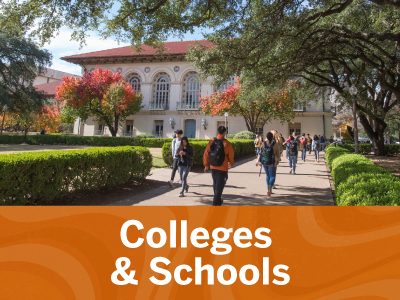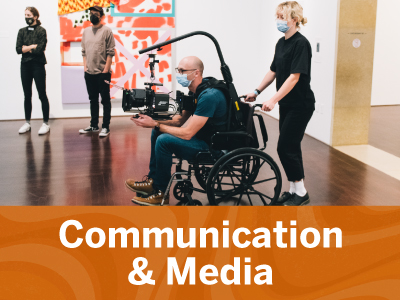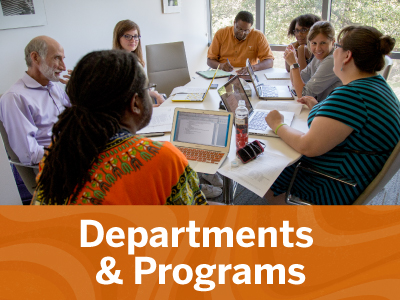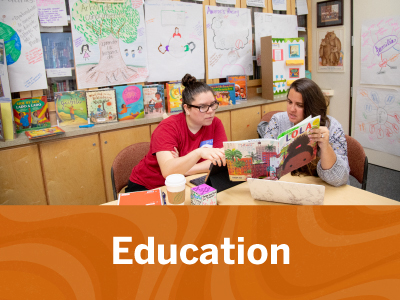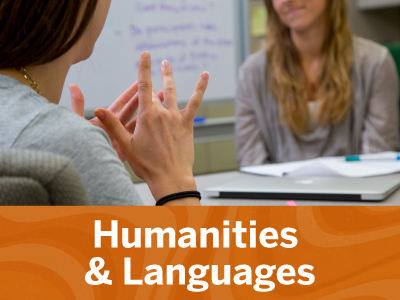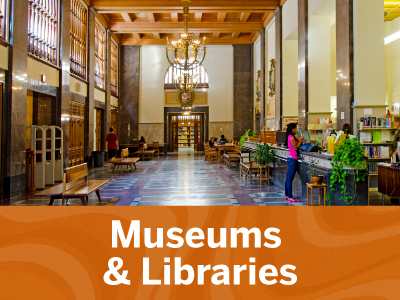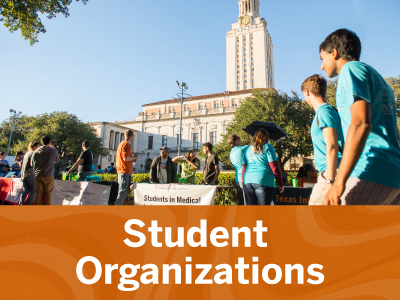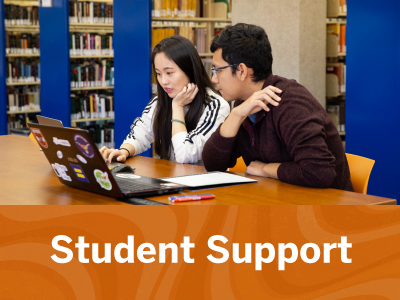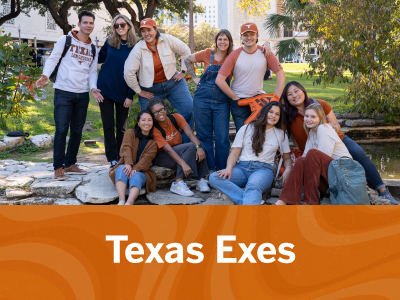Who We Are
The Linguistics Research Center (LRC) brings (mostly) dead languages to life. Our website provides lessons for learning to read and understand original documents of 20 historical languages, as well as vocabulary resources for dozens more. These materials remain freely available online for anyone — researchers and enthusiasts alike — interested in ancient languages, their development, and their interconnections with historical and modern societies the world over. Initial materials have focused on the Indo-European family of languages to which English belongs, and projects currently underway will expand our offerings to cover the Semitic languages — including Arabic, Hebrew, Akkadian, and others — as well as long marginalized languages from Mesoamerica, beginning with the Mayan languages. Your support will help speed these projects to completion, furthering our mission to provide scholarly materials for free both to those who may not have easy access to first-class educational institutions, and in particular to the communities represented by the languages we study. In addition, through your donations we will help prepare the next generation of digital scholars, as the undergraduate and graduate students assisting us build their skills and portfolios working on large scale Digital Humanities projects.
 Cross-Cultural Language (Council of Europe)
Cross-Cultural Language (Council of Europe)
At its inception half a century ago, the LRC helped pioneer the field of machine translation. Decades later the fruits of this labor still find use in professional translation software. With the advent of the Internet, the LRC again helped lay the foundations of what has become Digital Humanities, applying computational techniques to the understanding of language and the dissemination of linguistic knowledge.
Reconstructing Vocabulary Reconstructs Cultures
 Commiphora gileadensis (Luigi Balugani)
Commiphora gileadensis (Luigi Balugani)Words form the fabric through which we weave both our own internal, as well as our external, expressions of individual and societal experience. Through words we conjure in others a shared sense of identity and belonging, and we imprint on the world our sense of what we see and what can be seen. The exploration of word etymologies, lineages that trace connected words back to a common parent, provides insight into how cultures have changed and exchanged these conceptions over time and space.
As a point of departure for such exploration, through the Indo-European Lexicon (IELEX) users can investigate the vocabularies of the Indo-European linguistic family tree, representing a group of languages whose ancient attestations spread from the Scandinavian-settled islands west of Europe to the Indian subcontinent and beyond to the deserts of western China. Winding through etymological connections, users can explore how words for natural phenomena, names of human and animal body parts, and even sacred and religious terminology dispersed among the prehistoric ancestors of numerous ancient cultures. Users can search a list of words in the family’s parent language — which must be reconstructed by painstaking linguistic comparison, since the language itself was spoken before long before writing came to the area — as they would in a dictionary of any other language, and within the entry for each word find words in attested languages descended from that parent word. Or they may peruse the dictionary by categories of meaning, such as flora and fauna, to see what words for fish can be traced back to prehistoric times, and which stem from a common source.
Our current program of upgrades to the IELEX will reveal a new user experience. Users will have a far wider range of points of entry. Each language represented in the database will have its own online dictionary. Users can therefore pick a word in a particular language as a starting point. All these words will connect through a central etymological dictionary, the core of the IELEX, and from there branch out to the various descendant words in the dictionaries of other languages. Thus a user can start with a word in Hindi, trace back to its prehistoric root, and follow time forward to a related word in Spanish. And for the ardent enthusiast or researcher, we will provide a direct interface to the underlying database, which users can sift through in novel ways, exporting the results to their own computer.
Conversing with the Ancients — in Their Own Words!
 Roman inscriptions in Dougga (Kritzolina)
Roman inscriptions in Dougga (Kritzolina)Individual words of ancient languages provide the tools with which early societies constructed their understanding of the world around them. But it is through text — broadly understood as recordings of utterances — that the ancients truly sculpted a worldview. We only begin to form a clear picture of the ancients’ perspectives when we engage with their records on their own terms: through direct access to the original words, without the imposition of a fixed translation. Thus, among the LRC’s resources, the Early Indo-European OnLine (EIEOL) collection of language lesson series plays a central role. These series introduce readers to numerous languages on each of the major branches of the Indo-European linguistic family tree.
A single lesson series generally consists of ten lessons, each with a consistent format to facilitate comparisons between languages. Each lesson centers on an original, unsimplified ancient text. To facilitate engagement with originals on their own terms, even as the reader is only beginning a study of the language, each individual word has been analyzed for its linguistic form and individual meaning. An accompanying translation helps readers understand how the individual pieces fit together into a narrative whole. The accompanying lesson introduction situates the text in its broader cultural and historical context, at the same time highlighting notable features of style. And sections on points of grammar follow the text and translation, so that over an entire series readers receive an introduction to all major aspects of a language’s grammatical structure.
Among the 17 lesson series already published we introduce the earliest attested languages in every major branch of Indo-European, such as Vedic Sanskrit on the Indo-Iranian branch, Old Norse in the Germanic group, and Hittite on a lonely branch from Anatolia. Some sub-families show multiple representatives: the lessons on Old Church Slavonic introduce the southern branch of the Slavic family, while Old Russian (known among academics as Old East Slavic, and also an early stage of Belorussian and of Ukrainian) lessons provide a foray into the history and culture of the early eastern Slavs. Other series show evolution within a sub-family over time: the history of the Romance languages launches with a lesson series on Latin and continues with a separate series on Old French.
Series assume no special knowledge on the part of the reader, nor even particular facility with languages. Readers may access the lessons for free and progress at their own pace through a complete overview of each language.
What We’re Fundraising For
The LRC is currently working toward a dramatic expansion of our lexical offerings. At the same time, we’re continuing to add to our online collection of language lessons. Both of these directions for advancement not only serve a public broadly interested in linguistic and cultural history and evolution, but also provide numerous opportunities for undergraduate and graduate students to participate and build up their skills and portfolios in Digital Humanities.
Lexica: Dictionaries Interwoven through an Etymological Core
The planned upgrades to IELEX focus on improving and expanding the capabilities of the computational architecture used to create the online resource. This underlying LEX system automatically takes data on individual languages and their etymological relationships and builds it out into a collection of interwoven dictionaries linked through a core etymological dictionary and deployed online for users to peruse. Our current data allows us to build a system focused on the Indo-European languages. But different data will facilitate creation of similar resources for different language families. Two major projects will take us in these new directions.
MayaLEX: Interlinked Dictionaries of Early Mayan Languages
 Morán manuscript of Colonial Ch'olti'
Morán manuscript of Colonial Ch'olti'A grant from the National Endowment for the Humanities (NEH) currently supports the early stages of collecting data for, and testing the functionality of, a preliminary collection of dictionaries for ancient Mayan languages. We will start with the Colonial Ch’olti’ language, extant in only a couple manuscripts: we will create a complete dictionary of the language, linked to an etymological dictionary where the ancestors of the words are known. Bit by bit, we will add to this initial structure with preliminary data from the Colonial K’iche’ and Kaqchikel languages. Over time, we will expand these dictionaries and add more for other languages in the Mayan family.
SemitiLEX: Interlinked Dictionaries of Early Semitic Languages
 Letter from Babylonian king to Egyptian pharoah (Osama Shukir Muhammed Amin)Another language group of critical importance is the Semitic family, containing not only Arabic and Hebrew, but other ancient languages from Ethiopia, Babylonia, and elsewhere. Important documents in Semitic languages include fundamental texts from all the Abrahamic religions. While scholars have pored over these languages for centuries, and they have even produced several online resources, few of them facilitate comparison of the lexical and other linguistic structures among different members of the family, and even fewer help make their vocabularies transparent to non-specialists. The SemitiLEX project has begun the long, but important, task of creating updated dictionaries that both facilitate new and interesting directions of research, and at the same time open up the details and histories of these languages to a wider audience.
Letter from Babylonian king to Egyptian pharoah (Osama Shukir Muhammed Amin)Another language group of critical importance is the Semitic family, containing not only Arabic and Hebrew, but other ancient languages from Ethiopia, Babylonia, and elsewhere. Important documents in Semitic languages include fundamental texts from all the Abrahamic religions. While scholars have pored over these languages for centuries, and they have even produced several online resources, few of them facilitate comparison of the lexical and other linguistic structures among different members of the family, and even fewer help make their vocabularies transparent to non-specialists. The SemitiLEX project has begun the long, but important, task of creating updated dictionaries that both facilitate new and interesting directions of research, and at the same time open up the details and histories of these languages to a wider audience.Lesson Series: Reading Original Documents
 Burmese-Pali manuscript (Wellcome Collection gallery)
Burmese-Pali manuscript (Wellcome Collection gallery)The creation of the EIEOL collection has taken years of painstaking work, and the low-hanging fruit of introducing the major representatives of each sub-family has been plucked. Now we are embarking on the harder task of filling in the smaller branches of the family tree: languages less familiar, with fewer available materials for learning by non-specialists, or even for specialists.
Specifically we seek support for three major initiatives:
- to finish additional lesson seriescurrently under development on
- Old Italian — read the words of Dante, Petrarch, and Boccaccio in their original language,
- Pali — read the teachings of the Buddha in the earliest documents that record his original words,
- Colonial Ch’olti' — as we expand our scope to ancient languages of the Americas, look to the indigenous Mayan languages of the New World with some of the rarest texts of the Colonial period;
- to add audio recitations to our ancient annotated texts, a feature we have already piloted for Old English and Old Norse, but which will involve hard work to implement for the remaining 15 series;
- to add videos as introductions to languages and their documents, as well as to provide short overviews of special topics, like the innovative forays of the Sign Change project into the historical linguistics of signed languages.
Your Impact
Specific Aims
The creation of online language materials requires a very particular skillset, combining linguistic knowledge, computational skills, and pedagogical understanding, among other things. Rarely does a particular major or department provide more than superficial acquaintance with more than one of these skills. The LRC therefore places particular emphasis on involving students at all stages of their studies in the process of learning how to plan, craft, deploy, and maintain large-scale Digital Humanities projects.
At the same time, some features of a project can become so technical that they require the highly specialized abilities of professional programmers. Your contributions will help us acquire this support and also contribute to maintaining an LRC staff that can translate institutional knowledge and project goals into technical requirements to be implemented by the computational staff.
Finally, lessons and dictionaries don’t write themselves. They are not even the product of a single individual. Rather, the dictionary data and lesson content created by specialists in the respective fields must go through a rigorous process of editing and be crafted to meet project aims. Your contributions also support a dedicated staff of content editors and project managers who ensure that scholarly content reaches users in an understandable, engaging, and useful way.
Broader Impact & Testimonials
Your financial contributions not only help the LRC, but they support a mission that serves a large international community of users extending far beyond the walls of academia. Have a look at some of the comments from our users:
Are you kidding me? This is one of the best free resources available to us ancient language enthusiasts!
Sometimes our resources support users in the most unexpected ways:
Absolute lifesaver, I love this site to bits, don’t ever leave. I am a hobbyist and a writer of fantasy fiction who uses your linguistic resources on the lesser-known Indo-European cultures. I don’t have access to a university library or the budget to buy every linguistics textbook ever written. You’re doing exactly what universities should be doing in bringing quality materials online for free and I can’t possibly thank you enough.
Some find our site totally unique:
Fantastic site! Nothing similar anywhere!
and we happen to agree. Still others would like to see our materials expand to include ever broader audiences:
The website has an impressive collection of resources. They are extremely useful in finding information about ancient languages. I wondered if I could have a permission to translate some extracts of the Old Russian course into Russian/Ukrainian.
Whatever our users' interests, we just aim to give them the tools they need:
What an incredible gift this is! Thank you for making the world a better place.
 Indo-European and Uralic family trees, from "Stand Still, Stay Silent" (Minna Sundberg)
Indo-European and Uralic family trees, from "Stand Still, Stay Silent" (Minna Sundberg)Help us expand our online resources. Help us provide free resources for anyone with an interest in languages and the crucial role they play in understanding the history of culture, society, religion, and a host of other fascinating aspects of human development.



